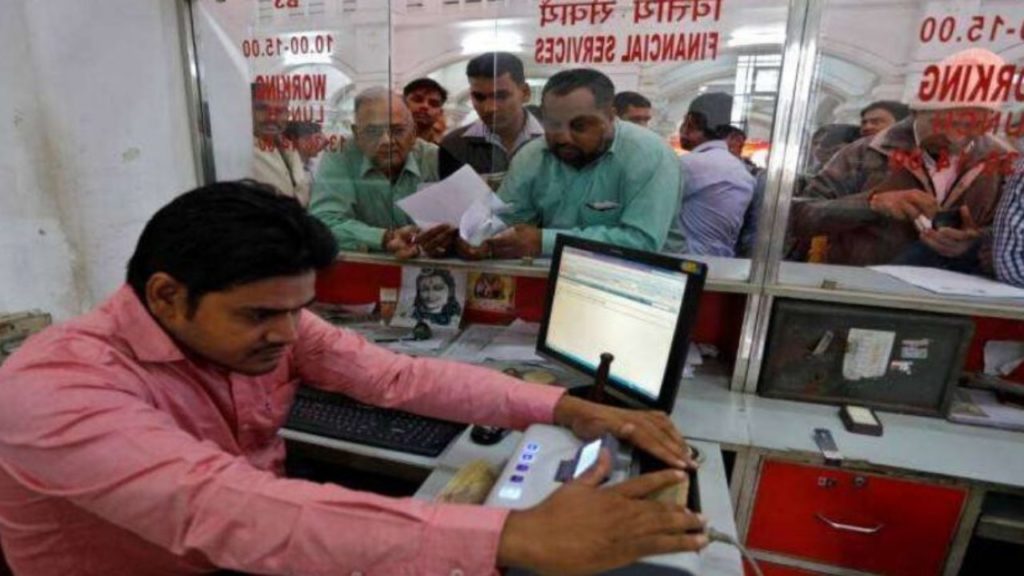Govt Will Sell 100% Stake In PSU Banks To Private Firms; Will Give Full Control To Private Firms By Complete Exit

New reports have suggested that the Central Government is planning to sell all of its stake in the public sector banks.
Apparently, the center wants the apex bank to relax its rules about the ownership of private sector banks.
Read on to find out all the details!
Government May Sell Off Entire Stake In PSBs; Wants RBI To Relax Rules
The plans of privatization of private sector banks (PSBs) have been in discussion for a long time. The Central Government had initial plans for disinvestment by selling off some portion of their stakes in the PSUs.
And now, looks like the Government is planning to sell off their complete stakes in the PSBs.
As per reports, the Reserve Bank of India (RBI), the Prime Minister’s Office (PMO), and the finance ministry are discussing the amount of stake that should be retained by the Government in the PSUs.
Apparently, the PMO is consulting with officers and financial specialists out of the Government since July fiscal year and discussing the entire ordeal with them.
Will Entire Sell Off Attract More Private Players?
After these discussions, the government officials have opined that the government should not have any stake in the bank that is up for privatization.
This will make it difficult to convince the private players who are looking to invest that the government would not interfere in the board decisions.
This would instead drive away the private players, and if the government had no stake in the PSBs, more private players would be interested in buying the stakes.
The Indian Companies Act states that a shareholder with 10% of the paid up share capital of the company will be able to ask the board and organize an extraordinary general meeting.
Also, there are other ways in which the Government may be able to assure its presence and this might result in a restricted growth of the organization.
As we all know, the government has plans to sell of its stake in four of the Bank of Maharashtra, Punjab and Sind Bank, and Indian Overseas Bank.
This is still a developing story and we will keep you informed!

Comments are closed, but trackbacks and pingbacks are open.